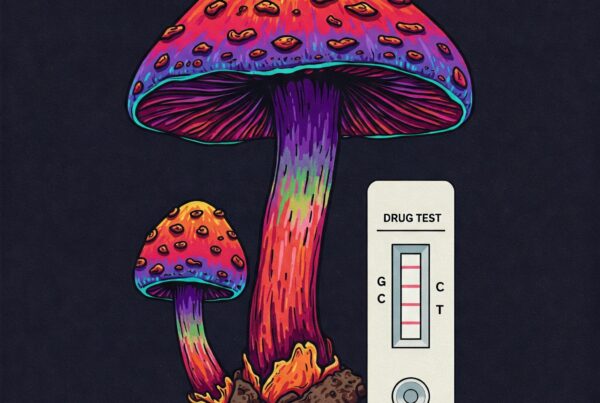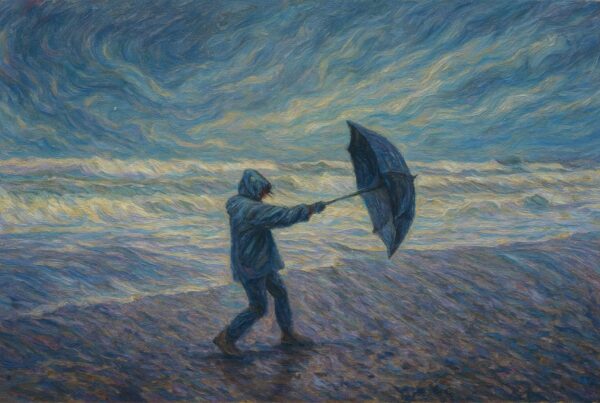
People interested in taking magic mushrooms often have a variety of questions, especially considering the potential psychological and physical effects. Here’s a rundown of some of the most common questions and their answers:
1. What are magic mushrooms?
Magic mushrooms, also known as “shrooms,” contain a naturally-occurring psychedelic compound called psilocybin. Psilocybin is metabolized into psilocin in the body, which is responsible for the psychoactive effects. These mushrooms have been used for thousands of years in indigenous rituals and are known for inducing altered states of consciousness, including visual and auditory hallucinations, enhanced introspection, and emotional changes.
2. How do magic mushrooms make you feel?
The effects of magic mushrooms can vary greatly depending on the dose, your mindset (generally called “set”), and the setting. Common effects include:
- Visual hallucinations: Colors might appear brighter, patterns may shift, and objects might distort.
- Euphoria: Many people experience a sense of joy, wonder, or a deep connection to nature and the universe.
- Altered perception of time: Time may seem to slow down or speed up.
- Enhanced introspection: Thoughts can become profound, and some people report feelings of self-discovery or new perspectives on life.
- Physical effects: Nausea, dizziness, and mild changes in coordination are possible.
- Emotional effects: Shifts in emotions, such as feeling a deep sense of love or connection, or experiencing anxiety or fear (especially in difficult or unprepared settings).
3. What’s the proper dosage for magic mushrooms?
The appropriate dosage depends on the strain of mushrooms, your body weight, your experience with psychedelics, and your mental state. A typical dosage guide is:
- Microdose: 0.1 to 0.3 grams (sub-perceptual, for mood enhancement or creativity).
- Low dose: 1 to 1.5 grams (mild effects, some visual distortion).
- Moderate dose: 2 to 3 grams (stronger visual effects, intense introspection).
- High dose: 4 to 5 grams (full-blown psychedelic experience with deep introspection, potentially overwhelming).
- Heroic dose: 5+ grams (intense, transformative experiences, often requiring a supportive environment and experienced users).
It’s generally recommended to start with a lower dose, especially if you’re new to psychedelics.
4. How long do the effects of magic mushrooms last?
The effects of magic mushrooms typically last between 4 to 6 hours, with the peak occurring about 2 to 3 hours after ingestion. The come-up (the time before the effects start) can be anywhere from 20 to 40 minutes, and the aftereffects (including a sense of calm or lingering thoughts) may persist for a few hours after the trip ends.
5. Is it safe to take magic mushrooms?
While magic mushrooms are generally considered to be physically safe (there are no known cases of lethal overdose), they do carry psychological risks. The key risks include:
- Bad trips: You might experience intense fear, confusion, or paranoia, especially if you’re in an uncomfortable setting or aren’t mentally prepared.
- Mental health: People with a history of schizophrenia or bipolar disorder should avoid psychedelics, as they can trigger or exacerbate mental health conditions.
- Set and setting: The environment you’re in and your emotional state can significantly influence the experience. A peaceful, supportive setting is important.
6. Can you overdose on magic mushrooms?
It’s unlikely to overdose on magic mushrooms in the traditional sense, as there are no known cases of fatal poisoning from psilocybin. However, taking very high doses can lead to extreme confusion, agitation, and panic, which can be psychologically taxing. Also, if the dose is significantly high, it can cause dangerous behavior due to impaired judgment.
7. What should I do if I have a bad trip?
Bad trips, though unpleasant, are usually not dangerous physically. Here are some strategies to manage a difficult experience:
- Change your environment: Move to a more comfortable, calm space if possible.
- Stay grounded: Focus on breathing deeply or touch physical objects to help reorient yourself.
- Reassure yourself: Remind yourself that the effects are temporary, and you’ll come back to baseline soon.
- Have a trip sitter: Having a sober, experienced friend who can stay calm and offer reassurance can be invaluable.
8. Should I take magic mushrooms if I have a mental health condition?
People with mental health conditions, especially those involving psychosis or mood disorders (like schizophrenia, bipolar disorder, or severe depression), should avoid taking magic mushrooms due to the risk of triggering or worsening symptoms. Psilocybin can alter perception and cognition, which may interfere with mental health stability. Always consult a healthcare professional before using psychedelics if you have a mental health concern.
9. Can magic mushrooms be used therapeutically?
There is growing interest and research into the therapeutic potential of psilocybin for conditions like depression, anxiety, PTSD, and addiction. Clinical trials have shown promising results, especially when combined with therapy in a controlled, supervised environment. However, more research is needed to fully understand the long-term effects and safety.
10. What is “microdosing” and is it effective?
Microdosing involves taking sub-perceptual amounts (around 0.1 to 0.3 grams) of magic mushrooms on a regular basis, often for enhanced mood, creativity, or productivity. While anecdotal reports are largely positive, scientific evidence on the long-term benefits and risks of microdosing is still limited. Some people report feeling more focused or energized, but there are also potential downsides, such as feeling jittery or anxious.
11. Are magic mushrooms legal?
The legality of magic mushrooms varies by country and region. In the USA, currently there are 2 states (Oregon and Colorado) that have legal programs as well as plenty of municipalities that have decriminalized them. However, in many places, psilocybin mushrooms are classified as illegal substances. Some countries and states are beginning to decriminalize or legalize psilocybin for medical or recreational use. Always check local laws before considering their use.
12. What are the long-term effects of taking magic mushrooms?
There is no conclusive evidence of long-term negative effects from using psilocybin. In fact, some studies suggest that psilocybin may lead to long-term positive changes in mood and outlook on life, particularly in those who take it for therapeutic purposes. However, excessive or irresponsible use can lead to psychological distress or perceptual issues, especially if taken in high doses or without proper preparation.
13. How should I prepare for a magic mushroom experience?
Preparing for a trip is crucial for ensuring a safe and positive experience:
- Set: Make sure you’re in a positive, calm state of mind before taking the mushrooms.
- Setting: Choose a comfortable, safe, and familiar place to take them, ideally with someone you trust.
- Mindset: Have a clear intention for your trip, whether it’s for self-exploration, relaxation, or creativity. Let go of any expectations.
- Trip sitter: Have a sober, experienced guide with you who can provide support if needed.
Taking magic mushrooms can be a powerful experience, but it’s important to approach them with respect and care. The right set (mindset), setting, and dose can help maximize the benefits and minimize potential risks.




